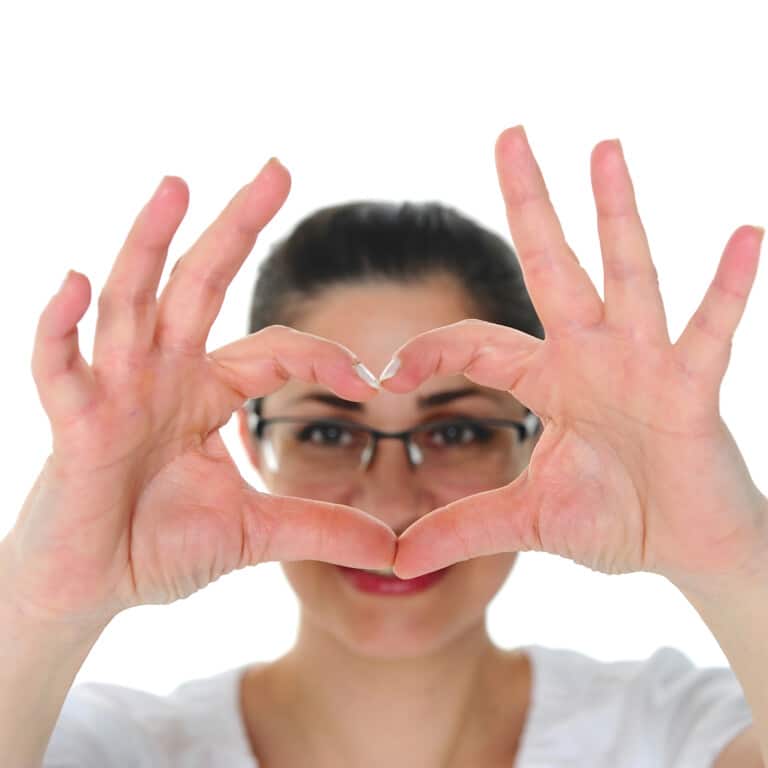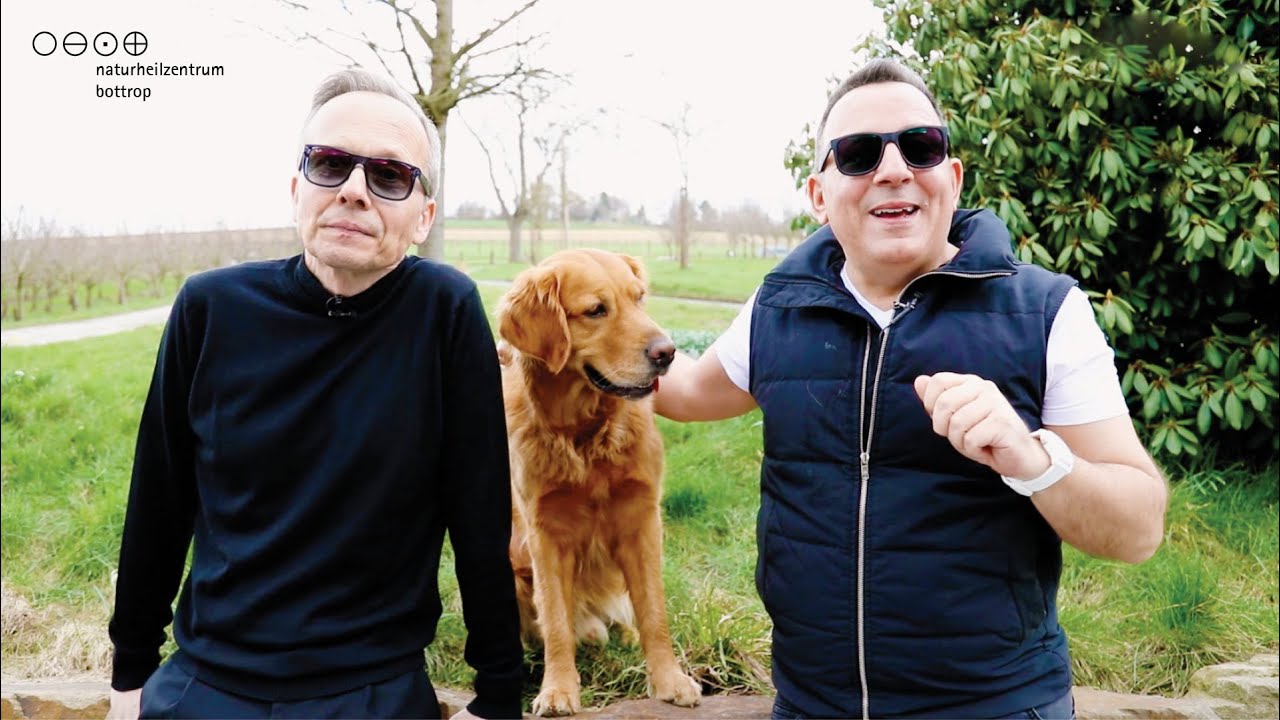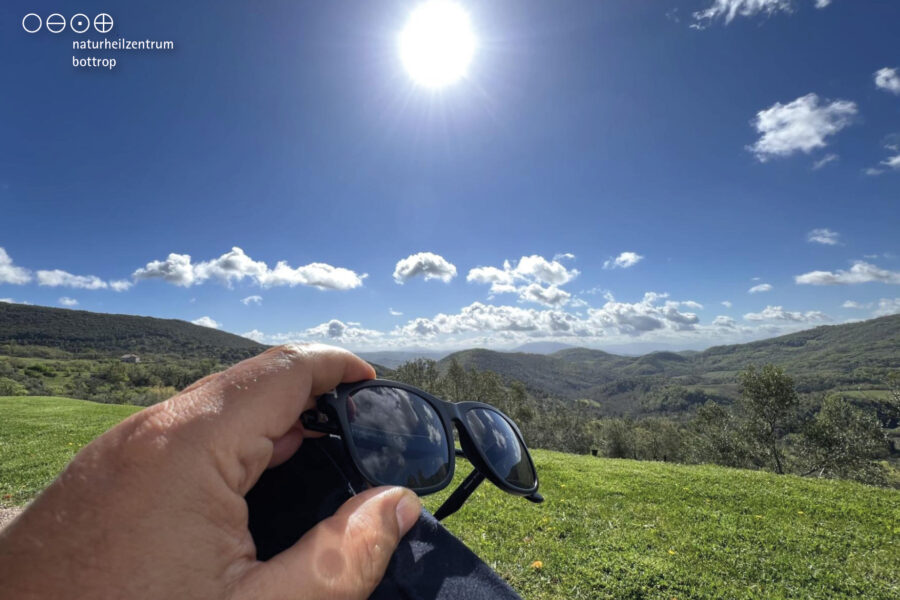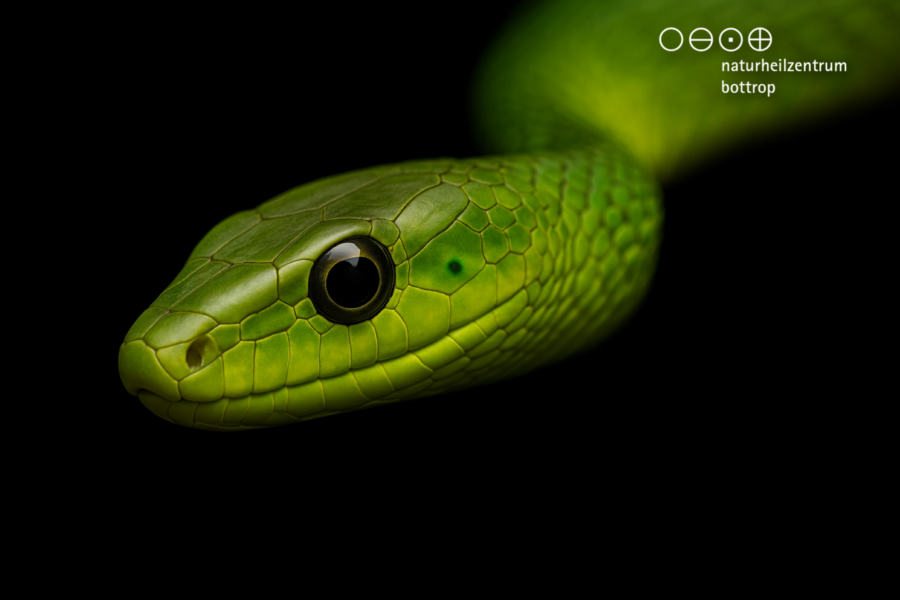Vegan and healthy? – Risks and myths surrounding veganism
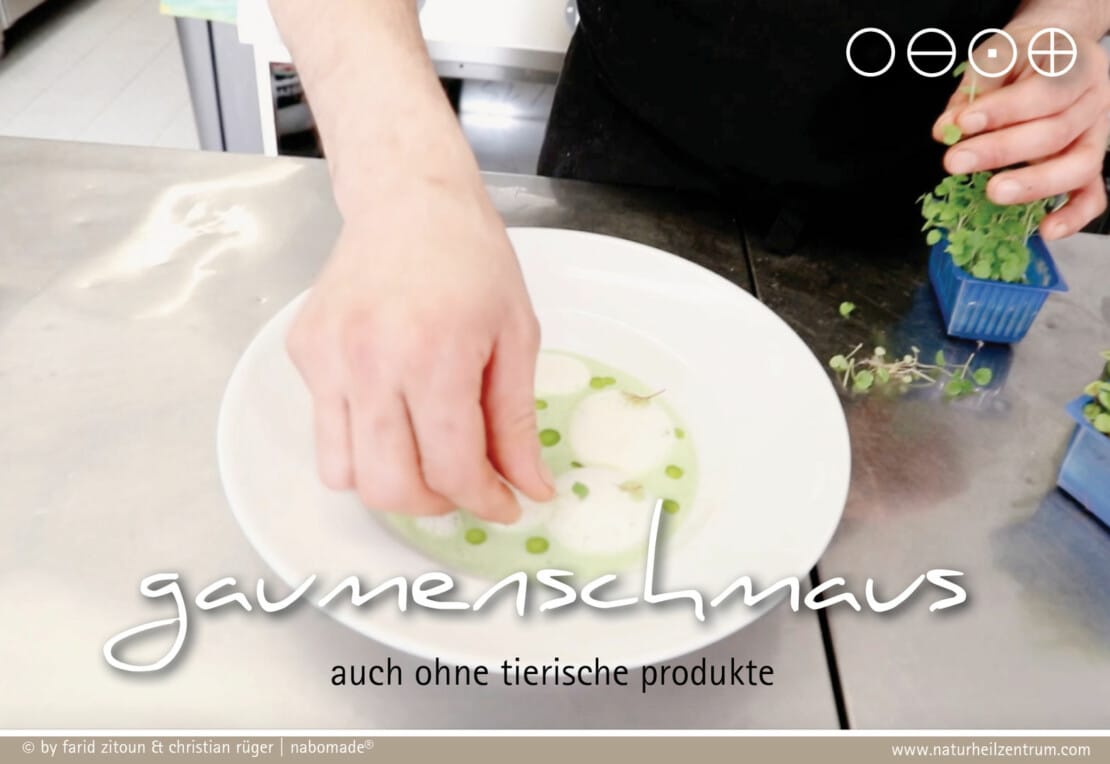
Is vegan life healthy? The answer isn’t that easy
Vegan life is in vogue. According to a survey, more than one million People in Germany now describe themselves as vegans (https://vebu.de/veggie-fakten/entwicklung-in-zahlen/anzahl-veganer-und-vegetarier-in-deutschland/). The number has therefore increased more than hundredfold since 2008. The topic of veganism splits and polarizes People like no other subject does.
While many vegans see themselves as pioneers of a new ecological movement, others are put off by the occasionally ‘mission-like’ attitude of some vegans and feel like they’re being condemned for their meat consumption.
Ironically, one argument that is used by both sides in the for-or-against-veganism debate is the topic of health. There is great potential for clarification on precisely this point.
Is the risk of deficiency symptoms higher among vegans?
According to the German Nutrition Society (DGE), those who completely eschew animal products are at a higher risk of deficiency symptoms (https://www.dge.de/wissenschaft/weitere-publikationen/faqs/ausgewaehlte-fragen-und-antworten-zu-veganer-ernaehrung/#c2895). Above all, this involves a number of essential nutrients such as vitamin B12, iron or iodine, since these substances can either only be absorbed from animal products for the most part or don’t have the same bioavailability for the body if they’re derived from plant – rather than animal – sources.
As a result, vegans may be exposed to a number of significant health risks if they do not take measures such as Nahrungsergänzungsmittel or follow a carefully planned diet.

Veganism: Disagreement among nutrition societies
Interestingly, various nutrition societies and institutions appear to have different positions when it comes to the health aspects of veganism. While the German DGE takes a rather cautionary position and highlights risks, its counterparts in other countries view the situation less critically (https://www.ernaehrungs-umschau.de/fileadmin/Ernaehrungs-Umschau/pdfs/pdf_2016/04_16/EU04_2016_M220-M230_korr.pdf).
For instance, according to the American Academy of Nutrition and Dietetics, a nutritious diet is possible for vegans, provided that it is well planned. Institutions in other countries, such as Australia and Great Britain, take a similar view. Even within Germany, there are fewer critical voices – such as the Association for Independent Health Guidance (UGB).
There are apparently even cases in which a vegan diet can bring real health benefits. An evaluation of several studies and meta-analyzes by the UGB came to the conclusion that vegans suffer less frequently from diabetes and heart disease, and can enjoy a lower risk of certain cancers.
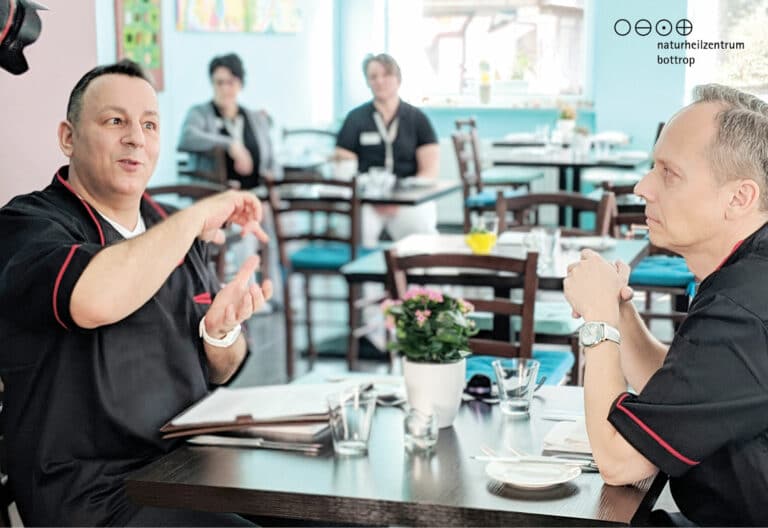
Veganism in pregnancy: paying close attention to expectant mothers
One point that has been specially highlighted by both the DGE and other nutrition societies, is the potential risks that expectant mothers and adolescents can bear when on a vegan diet. DGE President, Helmut Heseker commented on this in an interview with the German radio broadcaster, Deutschlandfunk (https://www.deutschlandfunk.de/vegane-ernaehrung-risikofaktor-ist-niedriger-als-erwartet.676.de.html?dram:article_id=365856) as follows: “One problem is groups with particularly high nutritional needs such as infants, small children, pregnant women, and breastfeeding mothers. Here we advise against eating a vegan diet because the risk of a developing a deficiency with lasting consequences just seems too great.”
However, according to a study by the Federal Office for Risk Assessment (BfR) (https://www.bfr.bund.de/cm/350/vegane-ernaehrung-als-lebensstil-motive-und-praktizierung.pdf), many vegan mothers also decide to follow a strict vegan diet during their pregnancies.

Vegans: awareness of the dangers is often well-established
Despite obvious risks upon first glance, the BfR has also made the following assessment: Statistically in most cases, vegans are well-informed on the topic of nutrition, and have a well-established awareness of the risks that they may face. Vegans also often fare above average in other respects; they play more sports on average and have a higher level of education than the average Person.
In addition, studies show that many vegans actively take precautions against nutritional deficiency, including during pregnancy or when it comes to their offspring’s diet. Vegans often have blood tests done by the doctor or naturopath to get an idea of their nutritional status.
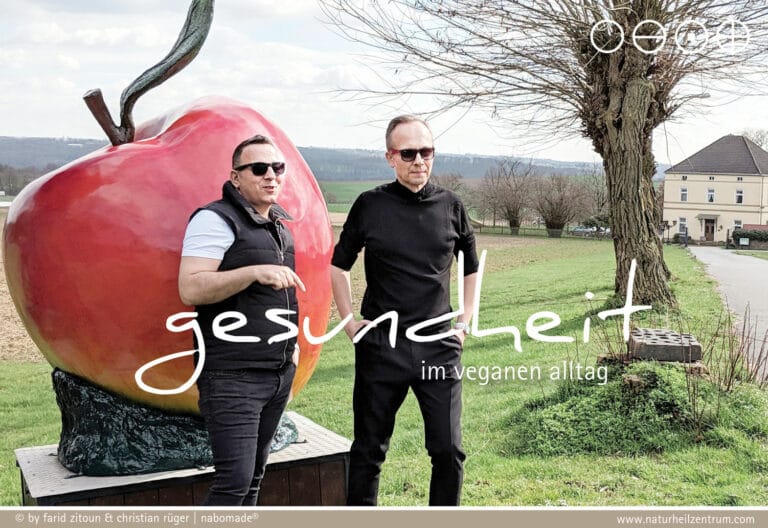
Health in the everyday vegan life: practical tips against nutritional deficiency
According to various scientific sources, vegans basically have the possibility to follow a nutritious diet that fully meets their bodies’ nutritional needs. Nevertheless, they must be mindful of some things and they may have to rigorously plan their diet. It is important to keep an eye on all the essential nutrients and perhaps favor plant-based foods that contain higher concentrations of these nutrients. In this case, a consultation with an expert such as a doctor, naturopath, ecotrophologist or pharmacist who specializes in this area may be helpful.
“Maintaining an overview of all the essential nutrients is not easy without outside help, and starting veganism can be especially challenging for many People,” says Farid Zitoun, director of Naturheilzentrum Bottrop (‘nabo’ for short). “When it comes to healthy nutrition, we – as naturopaths – support patients at our practice daily through good, but above all, individual planning. Incidentally, this doesn’t just apply to vegans, but to a variety of diets.”
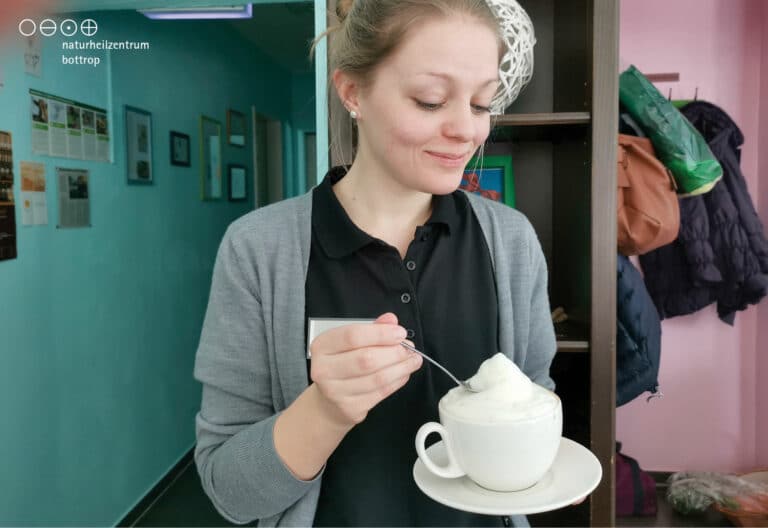
In some cases, vegans may not be able to get around supplementation, i.e. the additional ingestion of certain nutrients. This applies in particular to vitamin B12, which can otherwise be obtained almost exclusively from animal sources.
“We advise many of our vegan patients to take B12 supplements, especially during pregnancy,” adds Zitoun. “In any case, before taking nutritional supplements, you should have a blood test done to get an overview of your nutritional status.”
Further specific tips for a healthy life as a vegan can be found in the new #nabomade video, in which Farid Zitoun discusses with his colleague Christian Rüger the subject: “Vegan? Oh no! – Why veganism is so divisive.”
